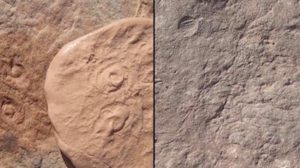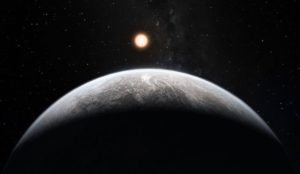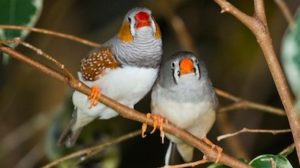
Science and Culture Today | Page 581 | Discovering Design in Nature


Neuroscientist Michael Egnor, the Philosophical Physician, on Science and the Soul

Oral Cavity’s Supposedly “Lousy” Design Is a Key to Human Speech
We Hold These Truths to Be Self-Evident

Peppered Hares — An Emerging Evolutionary Icon

Commonweal Misrepresents Isaac Newton, Intelligent Design

Trackways Reported in Ediacaran Strata

A Win for Medical Conscience

Are We Alone in the Cosmos? Here’s a Real Paradox for You






































